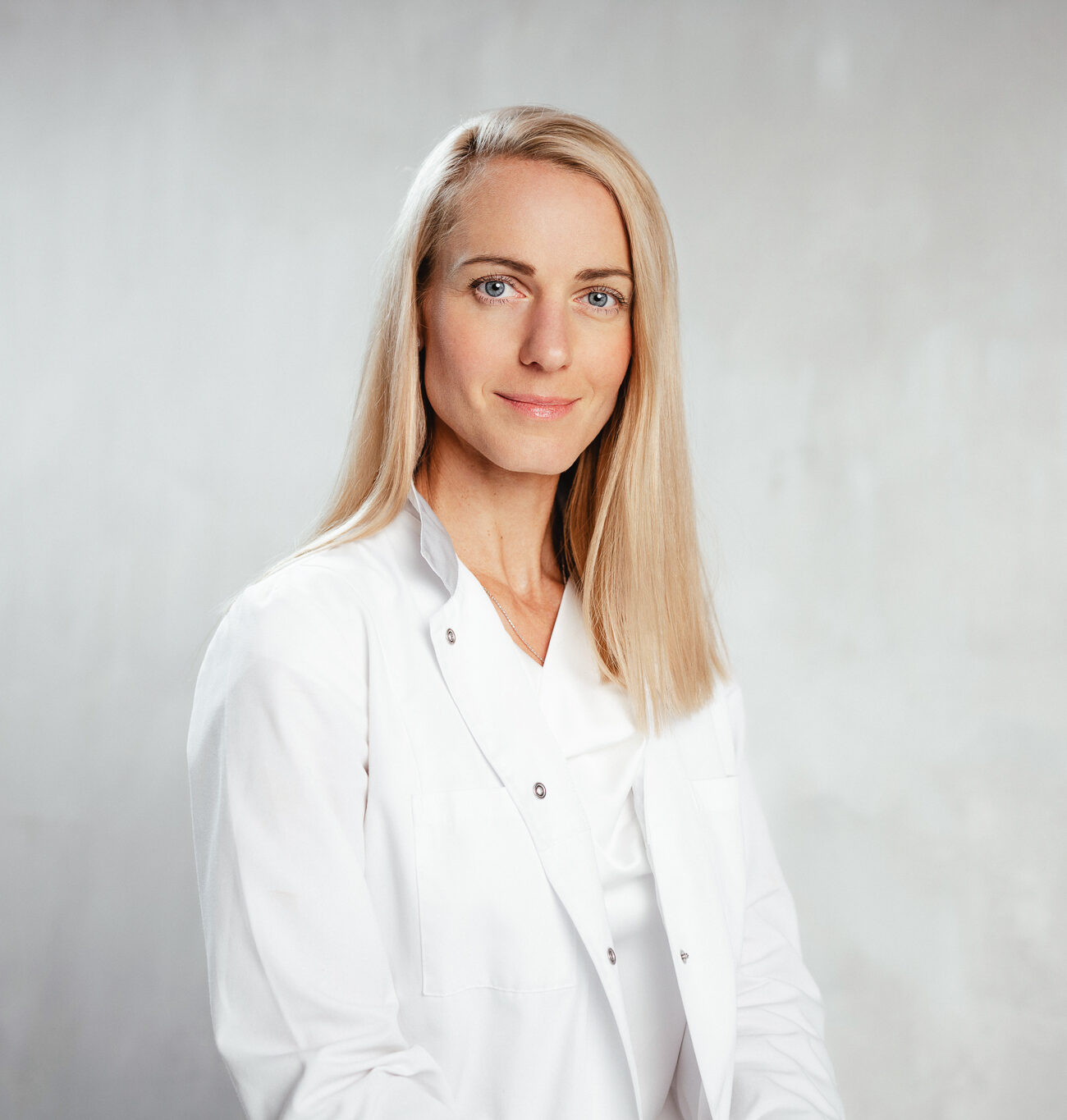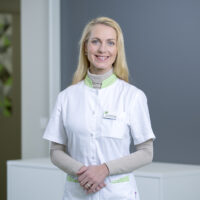Breast cancer is the most common cancer in women. We can all take significant steps for our health to prevent this serious disease or detect it as early as possible. When caught early, breast cancer is usually treatable. However, over half of breast cancer cases are unfortunately diagnosed at an advanced stage.
Current screening programmes are based solely on age and gender. In the UK, national screenings begin at the age of 50. Yet, one in five cases of breast cancer occurs in younger women who may never reach screening age.
In modern healthcare, genetics plays an essential role in cancer prevention. Each woman’s risk of developing breast cancer is highly individual, influenced by several factors, including genetic predisposition. A genetic risk assessment can guide women towards tailored screening and prevention based on a personalised health plan.
Genetic risk assessment for breast cancer is recommended for all women aged 30–75, particularly those under 50, as it can identify high-risk women who would benefit from starting screening earlier and more frequently. When over 50, higher-risk women may need more frequent screening than current screening programmes offer.






